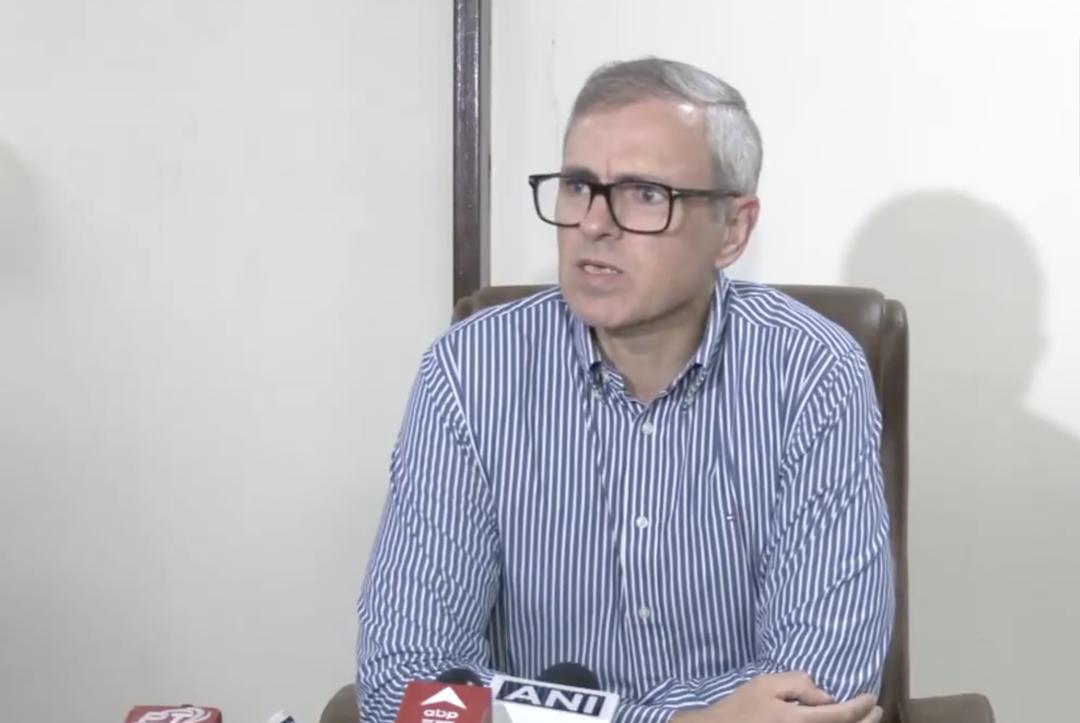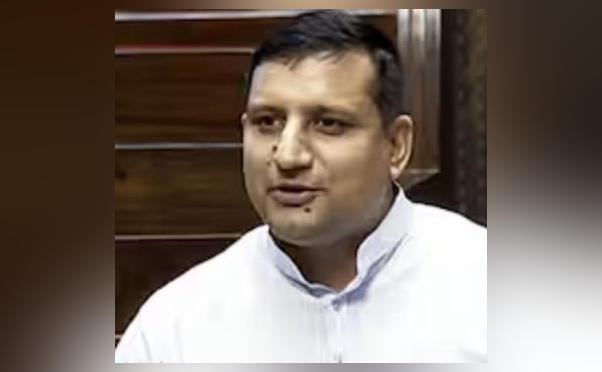
Why Should I Send Water to Punjab?: J&K CM on Canal Proposal
The debate over water distribution in India has been a contentious issue for years, with different states vying for a fair share of the precious resource. Recently, the proposal to build a 113 km-long canal to redirect surplus water from three western rivers of the Indus system in Jammu and Kashmir (J&K) to Punjab, Haryana, and Rajasthan has sparked a heated discussion. At the center of the controversy is J&K Chief Minister Omar Abdullah, who has expressed his reservations about the proposal, questioning the need to send water to Punjab.
In a recent statement, Omar Abdullah emphasized that Punjab already has an adequate supply of water under the Indus Waters Treaty, a 1960 treaty between India and Pakistan that governs the sharing of the Indus River and its tributaries. He asked, “Why should I send water to Punjab? Did they give us water when we needed it?” The J&K CM’s remarks have raised important questions about the fairness and necessity of the canal project.
The Indus Waters Treaty is a landmark agreement that was signed in the aftermath of the Indo-Pakistani War of 1965. The treaty allocates the waters of the Indus and its tributaries between India and Pakistan, with India retaining control over the Western Rivers, which include the Beas, Ravi, and Sutlej. Punjab, being a major beneficiary of the treaty, has always been dependent on the waters of these rivers for its agriculture and drinking water needs.
However, J&K has historically faced water scarcity, particularly during the summer months when the flow of the rivers reduces significantly. The state has been struggling to meet the demands of its growing population, and the canal project is seen as a potential solution to alleviate this problem. The proposed canal would divert excess water from the Western Rivers in J&K to Punjab, Haryana, and Rajasthan, which are also facing water shortages.
Proponents of the canal project argue that it would not only benefit the recipient states but also enhance the overall water security of the region. They point out that the project would use excess water that would otherwise go waste, and would provide a reliable source of water for irrigation and drinking purposes.
On the other hand, critics of the project argue that it would be unfair to J&K, which has historically been denied its rightful share of the Indus waters. They point out that the state has been required to release large quantities of water to Pakistan under the Indus Waters Treaty, which has left J&K with limited water resources.
The J&K CM’s statement has sparked a debate about the fairness of the treaty and the need for a re-evaluation of the water-sharing arrangement between India and Pakistan. Many argue that the treaty is outdated and needs to be renegotiated to ensure a more equitable distribution of water resources.
In recent years, there have been several instances of water sharing disputes between India and Pakistan, which have strained relations between the two countries. The dispute over the canal project is just the latest example of these tensions.
The canal project is not without its technical and environmental challenges. Proponents of the project argue that it would be a complex and expensive undertaking, requiring significant investments in infrastructure and engineering. Critics, on the other hand, argue that it would have significant environmental impacts, including the destruction of natural habitats and the displacement of local communities.
In conclusion, the debate over the canal project has highlighted the complex and contentious nature of water politics in India. While the proposal has raised important questions about the fairness and necessity of the project, it has also underscored the need for a more nuanced and equitable approach to water sharing in the region.
As the debate continues, it is essential to consider the perspectives of all stakeholders, including the governments of J&K, Punjab, Haryana, and Rajasthan, as well as local communities and environmental organizations. A thorough analysis of the project’s technical, environmental, and social impacts is necessary to ensure that any decision is informed and responsible.
Ultimately, the question of why J&K should send water to Punjab is a complex one that requires a thoughtful and inclusive approach. As the CM of J&K has pointed out, the state has its own water needs and priorities, and any decision to divert water to other states must be based on a careful assessment of the impacts and benefits.





